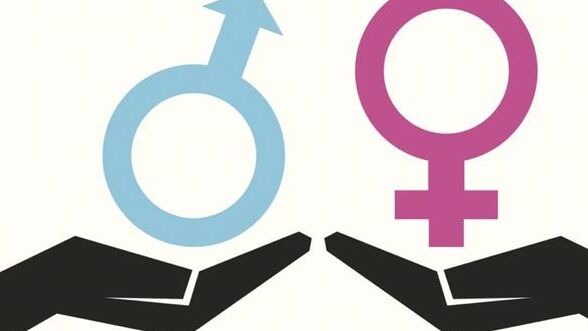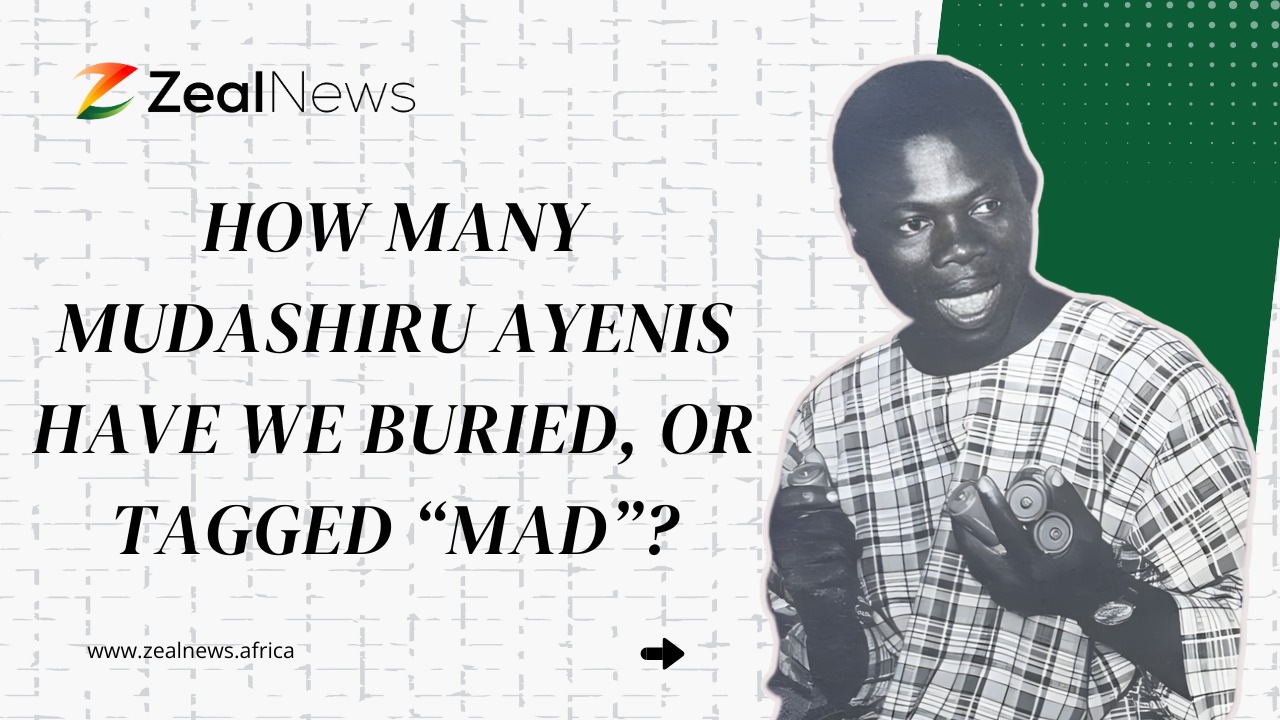The Business of Black Tax: How Family Obligations Impact African Entrepreneurship
.jpeg)
Written By: Unusere Precious
INTRODUCTION: More Than a Hustle — A Burdened Dream
The reality of many African entrepreneurs navigating what is known as the Black Tax, is something that has not been really talked about. The silent, yet powerful expectation to financially support parents, siblings, and extended family once African entrepreneurs start earning is becoming alarmingly burdensome, especially when there is only one "successful one."
In a continent where survival is often communal, your paycheck is rarely just your own.
While the rest of the world celebrates the hustle culture of young African founders, fewer conversations are held about the emotional and financial weight they carry.
What does it mean to chase economic freedom when you're also a lifeline for everyone else?
DEFINING BLACK TAX IN AN AFRICAN CONTEXT
In African societies, success is rarely individual—it’s shared. The Concept of Black Tax, while widely discussed in South
Africa, refers to money that Black workers, especially professionals and other higher income earners give to their parents, siblings, or other family members, often out of obligation or a deeply ingrained sense of family responsibility.
Photo Credit: Nairametrics
This resonates deeply across the continent, showing an unwritten but deeply ingrained cultural obligation where young, financially stable individuals—especially first-generation earners—are expected to support their nuclear and extended families, often at the cost of their own financial freedom.
This expectation is not inherently exploitative. It is born from communalism, where the village once raised the child, and now the grown child is expected to give back.
These acts of support are rooted in gratitude and shared survival—after all, most entrepreneurs didn’t start from wealth. But there’s a tipping point where support becomes obligation, and obligation becomes emotional debt.
Understanding this nuance is vital. Black Tax isn't about selfishness or stinginess—it's about the long-term cost of carrying too many people while trying to build something of your own.
THE EMOTIONAL AND FINANCIAL COST
Photo Credit: Shutterstock
Unless conscious measures are in place, Black Tax has a whole compounding effect on the health of businesses and the mental health of African entrepreneurs.
1. Cash Flow and Savings Disruption
Instead of saving profits or reinvesting into business growth, entrepreneurs may find themselves diverting funds to meet family obligations.
A study by dataphyte shows that over 4 in 5 Nigerians earning an income pay black tax, according to the 2023 Piggyvest Saving Report of 2023,
2. Reinvestment Limitations
Black Tax doesn’t just affect personal finances, it slows business reinvestment. What should be a season of growth becomes a cycle of survival.
3. Emotional Burnout and Guilt
Beyond the money, Black Tax carries a heavy emotional weight. There's constant pressure to "do well enough for everyone."
In essence, Black Tax drains both emotional and financial capital, making entrepreneurship not just a business venture but a balancing act between legacy and liberty.
GENDER DYNAMICS: WHO PAYS THE PRICE?
Black Tax doesn’t affect everyone equally—gender, birth order, and migration status all shape the weight of this cultural obligation.
For African women entrepreneurs, the burden is often twofold: they are expected to nurture both emotionally and financially.
Beyond contributing money, many are also tasked with caregiving—handling family crises, organizing support, and playing the role of "fixer" for extended relatives.
Meanwhile, first-born children, regardless of gender, are seen as default providers. Their success becomes the family’s safety net. And for diaspora entrepreneurs, especially those in Europe or North America, the expectation is even greater
What’s often ignored is the cost of living abroad, business overheads, and the emotional distance of being the one “who made it” yet constantly pulled back home.
ENTREPRENEURSHIP VS RESPONSIBILITY: FINDING BALANCE
For many African entrepreneurs, surviving Black Tax isn't about escaping responsibility, it’s about creating boundaries that protect both business growth and personal well-being. The emotional pull of family needs doesn't go away, but how one responds can make or break an entrepreneurial journey.
Some have learned to set clear financial boundaries early. Rather than giving in to every request, they allocate a fixed monthly amount for family support, treating it like any other business expense.
Others opt for radical transparency, sitting their family down to explain that reinvestment today means bigger capacity to help tomorrow.
“It’s about shifting the mindset from immediate relief to long-term sustainability”.
Black Tax’ can trigger depression, hypertension, suicidal tendencies, worsen ulcers, alcoholism. To reduce emotional fatigue, many turn to mental health support, or therapy. Others use financial planning tools like PiggyVest , Cowrywise (Nigeria), or 22Seven now known as Vault22 (South Africa) to stay on track and visualize their business goals.
“Loving my family is good, but teaching them how to build something bigger than just income is better”.
Navigating the thin line between entrepreneurship and obligation requires clarity, courage, and a shift in family dynamics. It's not easy—but with the right tools and mindset, balance is possible
REWRITING THE NARRATIVE: SYSTEMS, NOT SACRIFICE
To build truly sustainable African businesses, there needs to be a shift, from relying on one individual to "make it" for everyone, to creating systems that enable collective wealth. The idea that one entrepreneur must sacrifice their dreams to carry the entire family is not just emotionally draining, it's economically shortsighted and selfish.
Photo Credit: Shutterstock
Structures should be in place not only to provide safety nets but also empower multiple family members to grow together, and not just lean on one.
African financial coach Nimi Akinkugbe provides frank, practical insights to create a greater awareness and understanding of personal finance and wealth management issues.
The future of African entrepreneurship isn’t in one person’s pocket, it’s in shared responsibility, financial literacy, and systems that uplift without draining. It’s time we stop rewarding silent sacrifice and start building generational sustainability.
CONCLUSION: Legacy or Liability?
Supporting one’s family is deeply woven into the fabric of African identity, it is a reflection of love, loyalty, and legacy. But when the weight of that responsibility compromises the survival of a dream, it becomes a liability rather than a ladder.
Entrepreneurs shouldn’t have to choose between building for tomorrow and surviving today. The true legacy lies in creating systems that serve everyone, not just momentarily, but for generations to come. Because at the end of the day, you can’t pour from an empty account.
And sometimes, “the best way to help your family is by first securing the future you're trying to build”.
Written By: Unusere Precious
You may also like...
If Gender Is a Social Construct, Who Built It And Why Are We Still Living Inside It?

If gender is a social construct, who built it—and why does it still shape our lives? This deep dive explores power, colo...
Be Honest: Are You Actually Funny or Just Loud? Find Your Humour Type

Are you actually funny or just loud? Discover your humour type—from sarcastic to accidental comedian—and learn how your ...
Ndidi's Besiktas Revelation: Why He Chose Turkey Over Man Utd Dreams

Super Eagles midfielder Wilfred Ndidi explained his decision to join Besiktas, citing the club's appealing project, stro...
Tom Hardy Returns! Venom Roars Back to the Big Screen in New Movie!

Two years after its last cinematic outing, Venom is set to return in an animated feature film from Sony Pictures Animati...
Marvel Shakes Up Spider-Verse with Nicolas Cage's Groundbreaking New Series!

Nicolas Cage is set to star as Ben Reilly in the upcoming live-action 'Spider-Noir' series on Prime Video, moving beyond...
Bad Bunny's 'DtMF' Dominates Hot 100 with Chart-Topping Power!

A recent 'Ask Billboard' mailbag delves into Hot 100 chart specifics, featuring Bad Bunny's "DtMF" and Ella Langley's "C...
Shakira Stuns Mexico City with Massive Free Concert Announcement!

Shakira is set to conclude her historic Mexican tour trek with a free concert at Mexico City's iconic Zócalo on March 1,...
Glen Powell Reveals His Unexpected Favorite Christopher Nolan Film

A24's dark comedy "How to Make a Killing" is hitting theaters, starring Glen Powell, Topher Grace, and Jessica Henwick. ...






